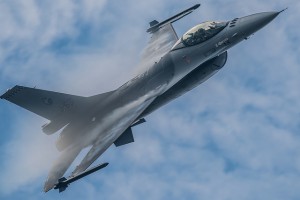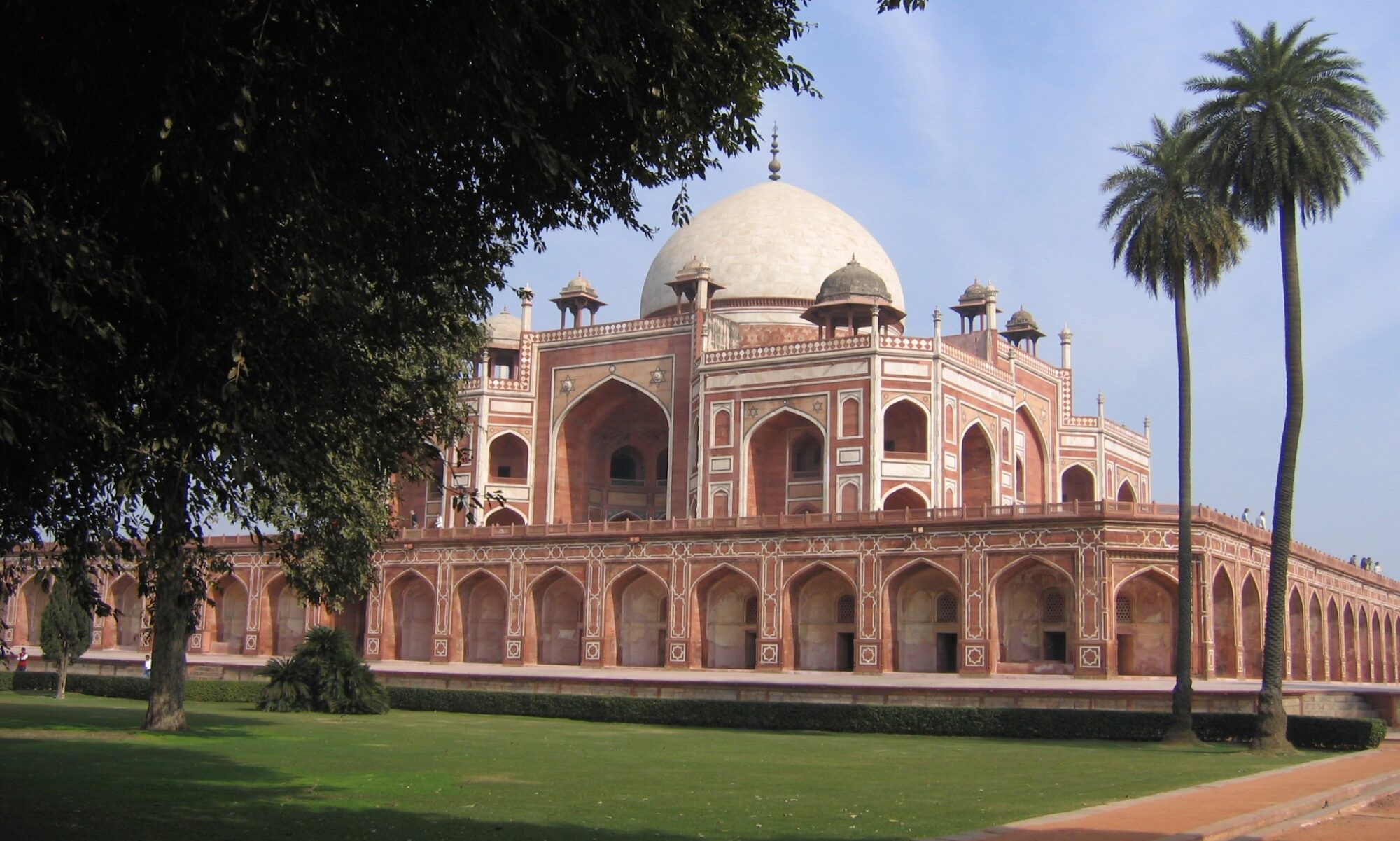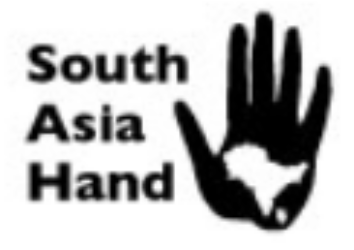
February 20, 2016: U.S. provision of sophisticated Lockheed-Martin F-16 fighter jets to the Pakistan Air Force has been a particular sore point for the Indian government for decades, since the Reagan administration made them available to Islamabad following the Soviet invasion of Afghanistan. The Indians have always contended that whatever the Pakistanis may offer as their rationale for acquiring the planes — whether it is to ward off a possible Soviet attack, their claim in the 1980s, or to use as precision firing platforms to combat terrorists, their present argument – Islamabad’s real purpose is to bolster its air power in a potential confrontation with India. For their part, the Pakistanis have long viewed the F-16 as a potent symbol of where they stand with the United States. Like the Indians, they afford it an outsized military and political significance.
So it comes as no great surprise that the Indians have strongly protested the Obama administration’s recent decision to sell eight F-16s to Pakistan, a deal which including radar, electronic equipment, and training is priced at $699 million. New Delhi made its opposition formally known to Washington at a very high diplomatic level. In a well-publicized, unusual move, Foreign Secretary S. Jaishankar summoned the U.S. ambassador to his office late on a Saturday evening to express Indian disappointment and displeasure with the proposed sale, which Washington had formally announced the previous day.
The circumstances in which the Indian protest was lodged strongly suggest that the office of the prime minister, and very possibly Prime Minister Narendra Modi himself, were closely involved in the matter. Publicly, the Ministry of External Affair dismissed the assertion made by the United States and Pakistan that the F-16s would enhance the capability of the Pakistan Air Force to mount counter-terrorism operations in remote mountainous areas close to the Afghan border. “The record of the last many years in this regard speaks for itself,” an MEA spokesman tweeted.
The Obama administration had informally notified Congress of the proposed sale last fall following discussions in Washington with visiting Pakistan Prime Minister Nawaz Sharif. The official announcement of the F-16 deal included the required formal notification to Congress, which will have thirty days to reject the transfer. If Congress does not vote the transfer down in that time, the sale will go through. But unless there is positive action on Capitol Hill, the deal cannot be funded under the Foreign Military Financing (FMF) program and cash-strapped Pakistan would be obliged to look elsewhere for the $699 million.
Some members of Congress, including Bob Corker (R. Tenn.), the powerful chairman of the Senate Foreign Relations Committee, have reacted negatively to the F-16 deal. In a February 12 letter to Secretary of State John Kerry obtained by the Wall Street Journal, Corker reportedly highlighted Pakistan’s alleged support for the militant Haqqani network’s terrorist activities in neighboring Afghanistan in explaining why he could not support U.S. funding of the sale. But according to the WSJ account, Corker added that the Pakistanis would be welcome to purchase the F-16s with their own money. Corker did not object to the sale itself, just to American taxpayers paying for it, suggesting that those on Capitol Hill who want to stop the deal dead in its tracks are unlikely to succeed.
Pakistanis have welcomed the deal. Some commentators see it as an indication of an ongoing improvement in U.S.-Pakistan relations, which over the years have famously followed a roller coaster-like trajectory. That F-16s are involved gives the deal a greater importance in Pakistan than the small number of planes to be sold would otherwise suggest.
For the Pakistanis, the F-16 has for a third of a century been a kind of metaphor for the broader U.S.-Pakistan relationship. Jimmy Carter’s rejection of President Zia ul-Haq’s request for F-16s following the Soviet invasion of Afghanistan was a major element in leading Zia to decide in 1980 to suspend ongoing talks with Washington in the hope that Reagan would win the election and give Pakistan a more sympathetic ear in Washington. Reagan’s support for the expedited delivery of F-16s over the objection of Pentagon planners was a further indication to Pakistanis that they could look with confidence to the United States.
In 1990, this confidence cracked with the termination of U.S. security and economic assistance on account of Pakistan’s development of a nuclear weapons explosive. The F-16 was again in the spotlight. The Pakistanis were understandably incensed that the twenty-eight F-16s they had bought, and for which they continued to make payments on schedule, were left to rust in the Arizona desert. The U.S. government argued that it could not refund the money because the Pakistani payments had already been passed on to the manufacturer, in keeping with standard military supply contract provisions. The Clinton administration eventually worked out a solution. Under pressure of a lawsuit filed by the Government of Pakistan, it was able to draw on a special fund dedicated to lawsuits the U.S. government was likely to lose. To reach the total of Pakistan’s payments, the U.S. supplemented this fund with an in-kind payment of food aid. The Pakistanis thus eventually got their money back but not the planes, a compromise signaling better bilateral ties. And when President Pervez Musharraf decided to join the George W. Bush administration’s Global War on Terrorism following the 9/11 attacks, one of the first things he asked for was F-16s. In the warm atmosphere created by renewed security cooperation, he quickly got them.
As we’ve noted, the Indians for their part have also given the F-16 an outsized importance in U.S.-Pakistan relations and, by extension, U.S. ties with India. Washington no doubt took these Indian concerns into careful account before making its recent decision. It was probably not an easy call to make given the importance the Obama administration rightly gives to strong ties with a resurgent India. The administration went to some effort to make sure the Indians were not blindsided by the decision. Nonetheless the Indian leadership evidently feels let down.
In our view, the emerging relationship with India is of critical importance, but the decision to offer the planes to Pakistan was nonetheless the right one. It would be foolish to afford India a veto over our military sales to Pakistan, however symbolic the sale might be for both New Delhi and Islamabad. Ties with India remain a high maintenance enterprise, and this decision makes it even more important for Washington to strengthen both the personal relationships and the policy lines that will keep it moving forward. If history is any guide, we can hope that after some outcry, partly designed to head off further pro-Pakistani moves by Washington, New Delhi will live with the sale.
In any event, India has apparently not allowed its objection to U.S. sales of F-16s to Pakistan to rule out its own possible acquisition of the aircraft. Even as the Indian press was reporting the foreign secretary’s difficult session with the U.S. ambassador, it also carried a story about Lockheed Martin’s interest in manufacturing the plane in India as part of the Modi government’s “Make in India” initiative. The Times of India’s account suggested that the Indian government might reciprocate this interest but that any agreement to set up a production line was at best far down the road. Earlier, Lockheed-Martin had entered the F-16 in the competition to supply a large number of medium multi-role combat aircraft to the Indian Air Force. The F-16 eventually lost out in 2012 to the French-produced Rafale, for which price negotiations are continuing.
The strong Indian reaction to the sale of the eight F-16s to Pakistan is a reminder that despite India’s preoccupation with China as its main strategic challenge, its developing security relationship with the United States, and its own growing economic power, U.S. military sales to Pakistan have a unique ability to galvanize New Delhi’s longtime suspicions about Washington’s ties with Islamabad and the consequences these could have for Indian security. These suspicions are particularly aroused when F-16s are involved.
Howard and Teresita Schaffer


Howie/Tezi: This is a subject that I know something about. Selling combat aircraft is a business first and foremost. The Indians have done themselves no favors over the years by dilly-dallying when Uncle Sam offered advanced systems. The MMRCA comes immediately to mind. Boeing and Lockheed spent prodigiously of their own money responding to Indian demands for more and more access and information on the F/A-18 and F-16 then on offer by the USG only to have both opportunities rejected in favor of the French Rafale. The irony, of course, is that the latter aircraft was [and is!] priced so high that it was out of financial reach in the numbers required. Had the GOI accepted one of the US contenders, it is quite possible that the leverage thus attained would obviate the current GOP F-16 add-on [minimal though it is].
Indians at large do not appreciate the reality of India’s Yo-Yo relations with Pakistan which are the most confusing to any foreign policy analyst as they hover between hate to friendship.India keeps PAKISTAN out of IORA.
Pakistan’s MARITIME AND CAR Geography is vital for world powers USA EU AND China to keep it as a cats paw to India, AND NEVER LET PAKISTAN FAIL WHICH IS MILITARY LED with the conundrum OF Afghanistan’S FUTURE which interests all. India is only a bit player there and few F-16s will not alter the ORDER OF BATTLE (orbat).This report by South Asia hand tells one what India had to do and what the CONGRESS will have to do in USA’S interest which is the world’s No 1 an arms seller !
1. In the opinion of these authors, it would be foolish to allow India a vote on the US-Pakistan relations. Likewise, the author’s should not have problems with the counter argument that it would be foolish for India to allow the US a vote on its relations with Russia, Iran and even China, which they are actively seeking in many different ways.
2. Considering that the F-16 sales to Pakistan is a business decision, apparently to keep the assembly line to go out of business, India should correspondingly use its business leverage by correspondingly rejecting US offers, and opt for non-US deals, both military and non-military. Let plain economics win … !!